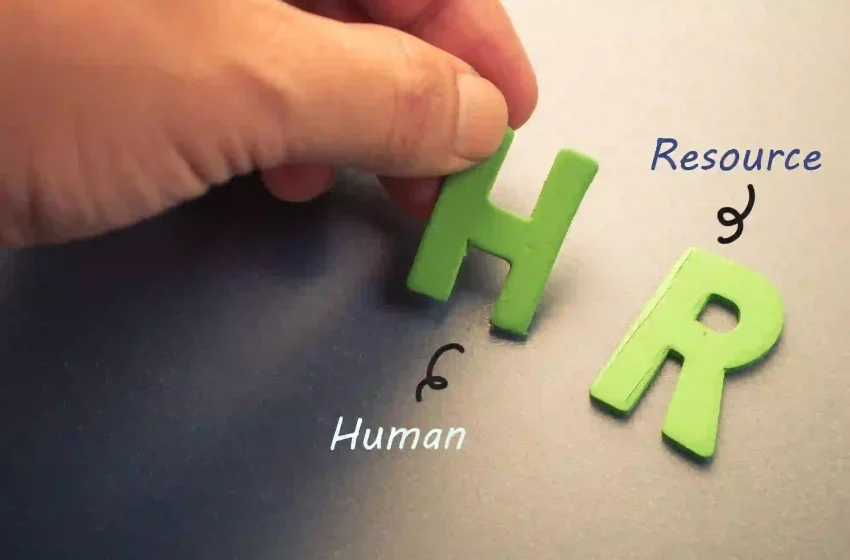
7 Tips for Choosing PEO Services for Your Small Business
In the United States, 487 PEOs provide services to as many as 173,000 small and mid-sized businesses employing approximately four million people.
What is a PEO? Essentially, it is a way to outsource your human resource department. These businesses are also known as co-employment.
Allying with PEO services is an enticing concept for a small business seeking to boost efficiency.
A PEO handles various employee administration tasks for their clients. Hiring, onboarding, payroll, benefits, compliance, and more… it is a lot! Reduce stress within the organization and let an external professional employer organization handle the minutiae of these tasks.
If you think it is time for your business to seek the help of PEO services, here are seven critical tips you must consider if you want to choose the right provider.
1. Verify the PEO Is Accredited
It is vital that choosing a recognized PEO is at the top of your vetting to-do list.
The Employer Service Assurance Corporation recognizes PEOs with high standards. This organization certifies only financially sound PEOs.
If the PEO does not have accreditation, they might not be competent. This means they’re unlikely to have your company’s best interests in mind, and you could not trust them in a partnership.
2. Request References
If the PEO you are considering working with is competent, they will happily share customer references with you.
Ask the PEO to give you at least three, if not more, existing customer references and their contact information. Request that they are a mix of new and long-term customers, too.
If the PEO hesitates to release this information, consider this a giant red flag.
Reach out to the references and ask about any weaknesses the PEO has or anything they are dissatisfied with. You should ask, too, whether the client intends to continue working with this PEO—and why or why not.
You are looking to determine how this PEO adds value to their customers’ businesses.
3. Consider Your Business Needs
Before you reach out, you must determine what you need a PEO to do for you. This means identifying your current human resourcing challenges and predicting changes to your business.
Payroll
Small to medium-sized businesses can spend approximately $2,000 per employee each year handling payroll internally. This includes everything from managing payroll to filing taxes. Plus, companies can incur IRS penalties because of compliance issues.
A PEO can improve your payroll system’s efficiency to save time and money.
Human Resources
Managing a company’s HR responsibilities is time-consuming.
From recruiting and retaining employees to tracking vacation time, a PEO can take on these responsibilities if you want to save time and money. That way, you can focus on other big-ticket items, like growing your sales.
Risk Management
This is costly and time-consuming, especially when what you want to focus the business on is a more secure future.
A PEO can make enormous improvements here, including:
- Keeping unemployment tax rates low
- Assisting with qualifying for worker’s compensation waivers
- Creating a safe work culture for your staff
Consider each of these categories and note your needs. Next, determine how your business will leverage the services of a professional employer organization. This will ensure you select a partner with the right qualifications.
4. PEO vs. Outsourcing Human Resources: Learn the Difference
What makes a PEO unique is its co-employment model.
Simply outsourcing the HR functions of your business is not the same thing. A human resources outsourcing agency or individual can only address the HR functions you request them to. However, you still assume all of the liability for their work.
If you are trying to determine if a PEO is the best route for your small business, see this article.
5. Compliance Experience
Compliance in the human resources arena is a top concern for many small businesses. If this is a concern for you, it is vital to select a professional employer organization that specializes in compliance.
Local, state, and federal mandates can change in the blink of an eye. It is tough to keep up with changes to laws and regulations on your own. And non-compliance can lead to time-consuming, expensive consequences.
When beginning a new relationship with a PEO, let them know about your compliance concerns. Ask about the processes and systems they have in place to ensure your company will comply with regulations now and in the future.
6. Seek Recommendations
If you have a small business, you likely have a network you can reach out to for guidance.
While you can search online for PEOs, it will take longer to vet them and find the right one. Talk to colleagues, acquaintances, and even your friends. Ask them if they know of any PEOs with an excellent reputation.
7. Assess the PEO’s Security and Financial Strength
It is easy to find the audited financial statements of a publicly-traded professional employer organization online. For example, you can view their annual report on SEC.gov or the company’s website.
When you vet a privately owned PEO, ask them for a copy of their most recently audited financial statements.
You want to view these because they provide insight into a PEO’s working capital and net assets. Any PEO you decide to work with needs to have adequate financial reserves.
Groups like the NAPEO see this as a best practice for their industry. Plus, many states’ licensing and registration laws require that PEOs supply audited financial statements.
Interested in PEO Services?
If you want to boost your business efficiency, PEO services can help. However, since HR is such a critical area for a small business, you want to make sure you choose a professional employer organization that is right for you. Follow these seven tips to make the right decision.
Are you seeking more timely advice to reduce your workload and boost efficiency? We have a ton of articles. Stay on our site for more helpful tips!



